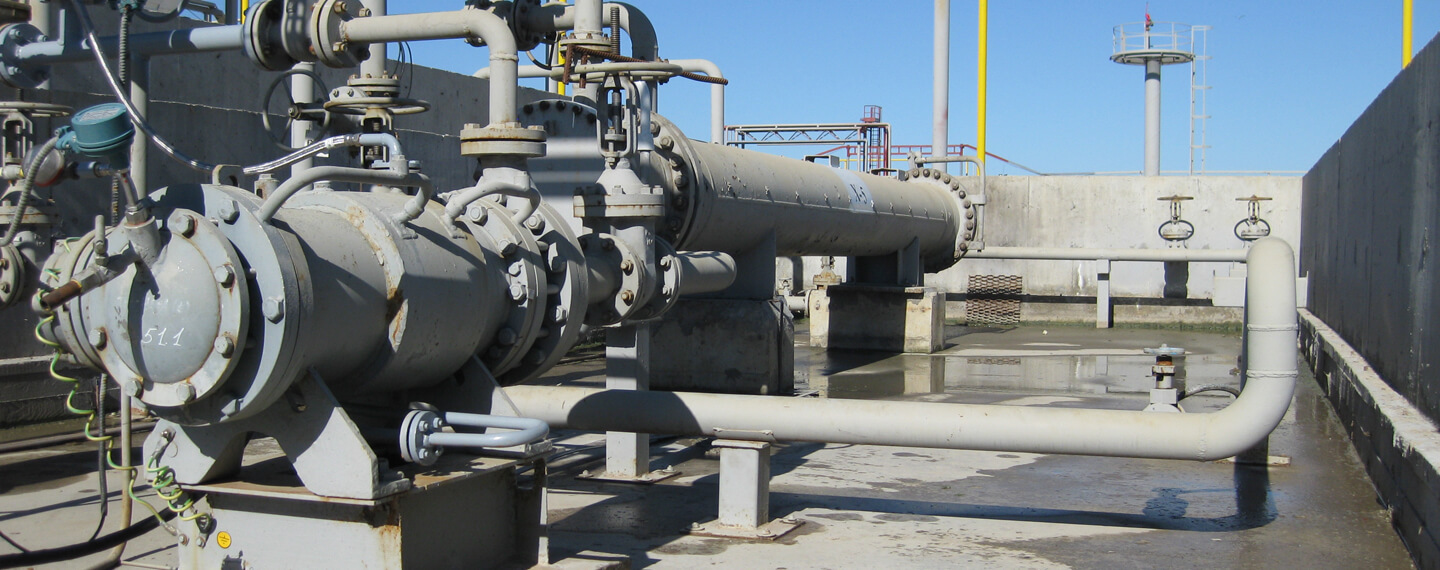You are currently viewing the James Walker Australia & New Zealand website. Click here to view the Global website.
You are currently viewing the James Walker Australia & New Zealand website. Click here to view the Global website.

Methanol is present in many operations in oil & gas service. It can be detrimental to susceptible elastomers, potentially causing high levels of swell and softening, a factor that should be carefully considered when specifying elastomer materials.
8 March 2022Methanol (CH3OH) is a low molecular weight alcohol which is polar and a strong solvent that can be detrimental to susceptible elastomers, potentially causing high levels of swell and softening. This can lead to reductions in mechanical properties that can cause seal failure in certain circumstances.
Methanol is present in many operations in oil & gas service including:
Pipeline drying
When a new subsea pipeline or flowline is installed it is often filled with water. This water must be removed before production can begin. After the bulk of water is removed, often by pigging, methanol may be added to remove the remaining water. Methanol has an affinity for water and is able to remove any residual water via a slugging process.
Hydrate inhibition / prevention
Water is typically present in natural gas and oil streams. This water can combine with methane and ethane to form hydrates under various circumstances. Hydrates are ice-like solids that can build up and plug pipelines that will not only reduce production but can also damage the pipelines.
Methanol is one common thermodynamic hydrate inhibitor and can be used in two ways:
1) Continuous injection in small amounts to prevent the formation of the hydrates. In this situation the injected methanol will be very dilute in the flow stream and often not of concern for elastomers.
2) In the event a hydrate plug has formed, methanol may be ‘slugged’ in large quantities for a short period (hours/days) to dissolve/ disrupt the hydrate plug which will then pass downstream. After the slugging operation the methanol will no longer be present in the flow stream. (Any induced elastomer swell due to methanol will tend to reverse as the methanol is removed from the flow stream.)
Solvent / cosolvent
Active chemicals e.g. corrosion inhibitors used in the oil and gas sector are often required in small amounts, they may be dissolved to make a solution that can be injected into the flow stream. Methanol may be used as a solvent or a cosolvent, combined with other solvents in these proprietary fluids.
Methanol composition
Methanol is available as either pure (100%) methanol or a mixture in water. The safety data sheet from a particular supplier or the operator will identify which is the case. The presence of water has significant effects and above 4% water will moderate the swelling and softening effects of the methanol by changing the level of interaction between the methanol and the elastomer.

Want to discuss your project, engineering or materials challenge expert to expert? Simply provide us with your contact details and a little information about the application you are working on, and one of our experts will contact you as soon as possible.